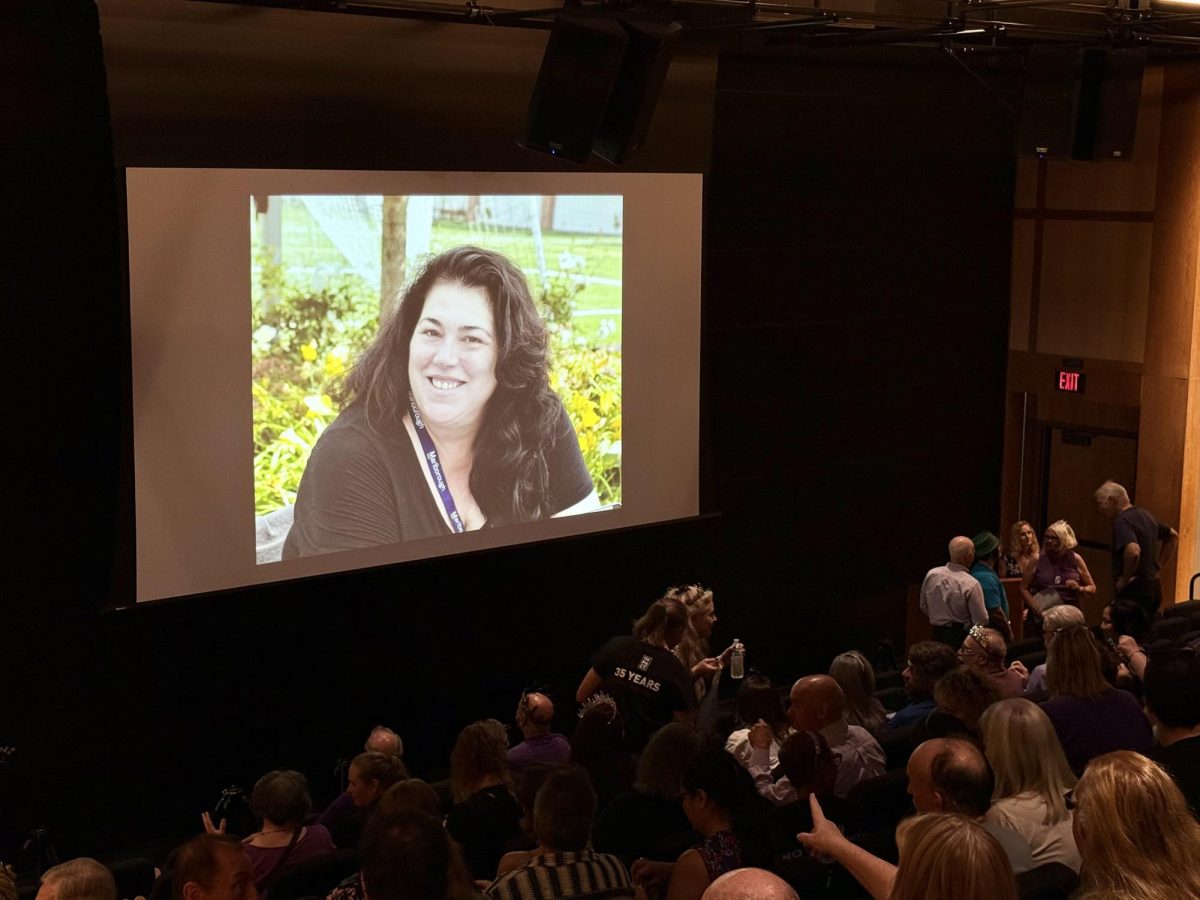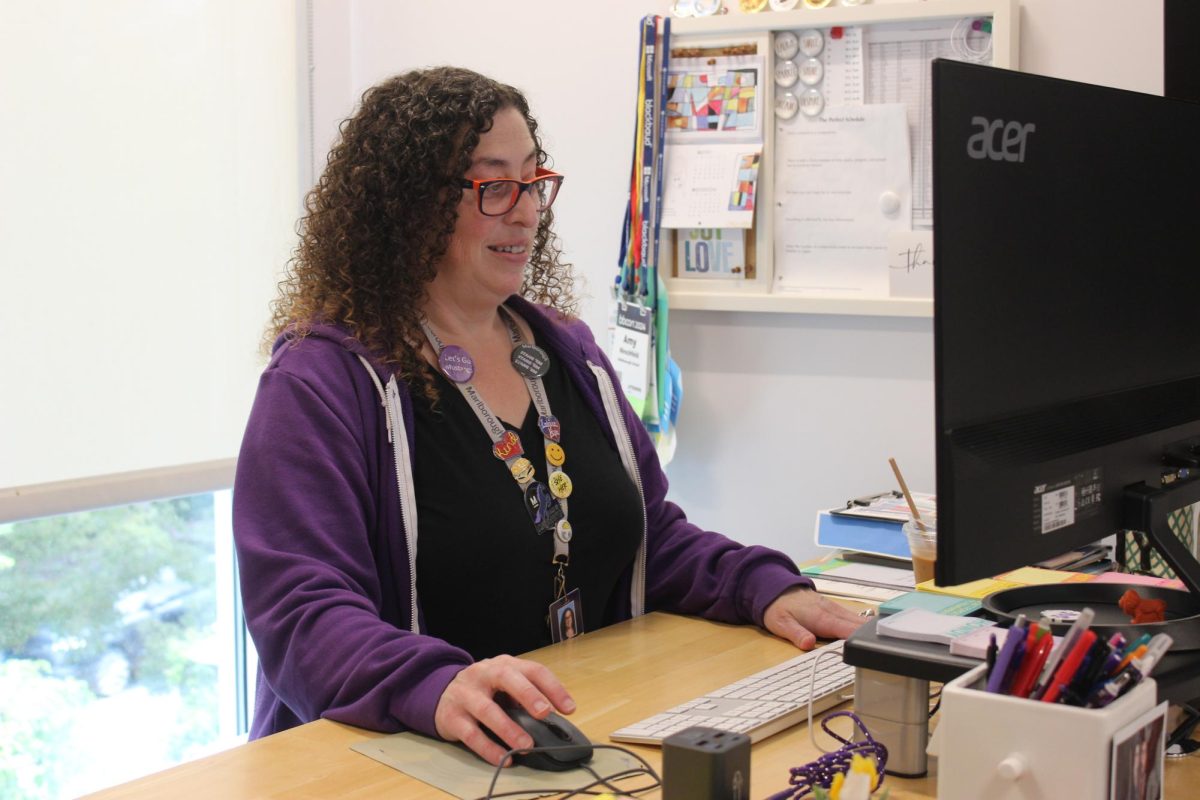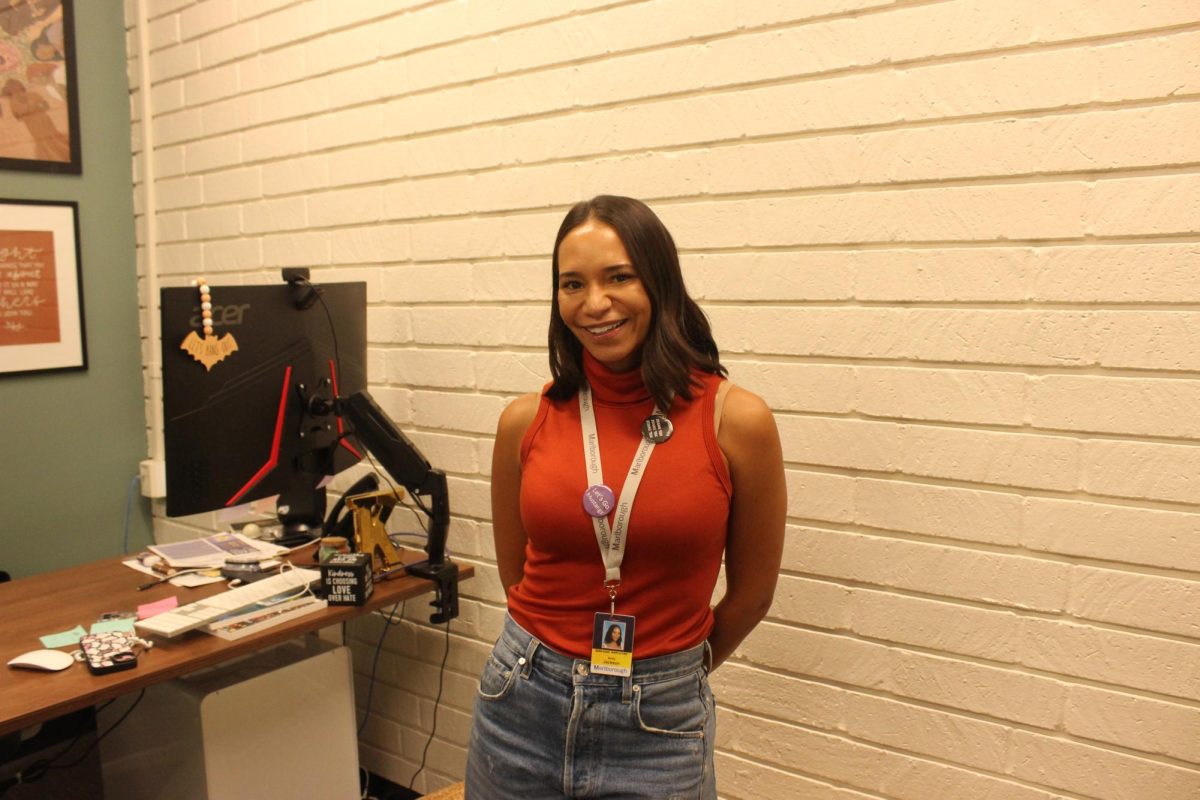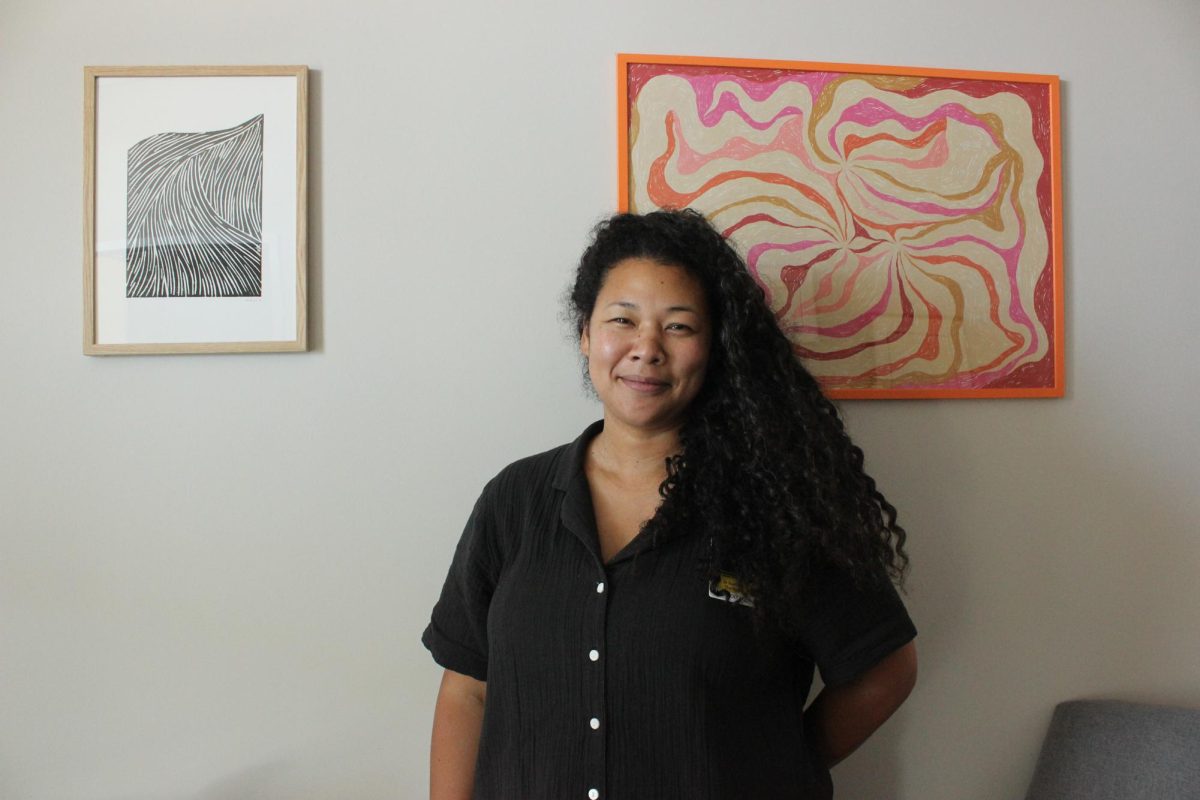As part of a combined effort from the facilities staff and the environmental council, Marlborough bathrooms have been recently stocked with August, a new brand of period products promoting a message of sustainability and inclusivity. August is motivated by an initiative to de-stigmatize discussions about menstruation.
The founder of August is female entrepreneur Nadya Okamoto, a 23-year-old, queer, Asian-American, Harvard graduate, with a significant social media platform dedicated to promoting August and ending period-related stigma and shame. As a young female entrepreneur, author and speaker, Okamoto has been recognized by Forbes 30 under 30, Bloomberg 50 “Ones to Watch” and People Magazine’s Women Changing the World.
When looking for a new source of period products, Project Manager Jessica Cardenas found that August was willing to work with Marlborough for regular bulk orders.
“After months of hearing about August on platforms such as TikTok and Instagram, I was excited to see Marlborough support a business with such an inspiring story and important message of period positivity,” Libby ‘25 said.
In an effort to break the cycle of misinformation and shame surrounding menstruation, August created a free, medically verified period health Q&A database called Ask August. The company is also currently partnered with the nonprofit No More Secrets, Mind Body Spirit Inc., which is also on the mission of decreasing stigma around periods through methods of increasing self-esteem, socialization and self-love.
With many period products on the market, August was chosen in part due to its emphasis on empowerment and education, which aligns with Marlborough’s core values of inclusion, kindness and integrity.
“I noticed subtle things talking about periods saying, ‘This is a bad time of the month.’ I wanted to see a more positive, bold and inclusive brand,” Okamoto said in an interview with The Cut magazine.
August is also conscious of their environmental impact, with 100% traceability for every product and a transparent sustainability report available every year. Products are made with organic cotton and the production process has a net-zero carbon footprint. With a growing emphasis on sustainability and conservation at Marlborough, Cardenas felt that it was important that this message was exemplified through the products purchased by the school.
“If as a school, we’re working towards teaching sustainability to students, it’s important to ask what is it that we’re doing on campus to bring in products that reflect that message,” Cardenas said.








